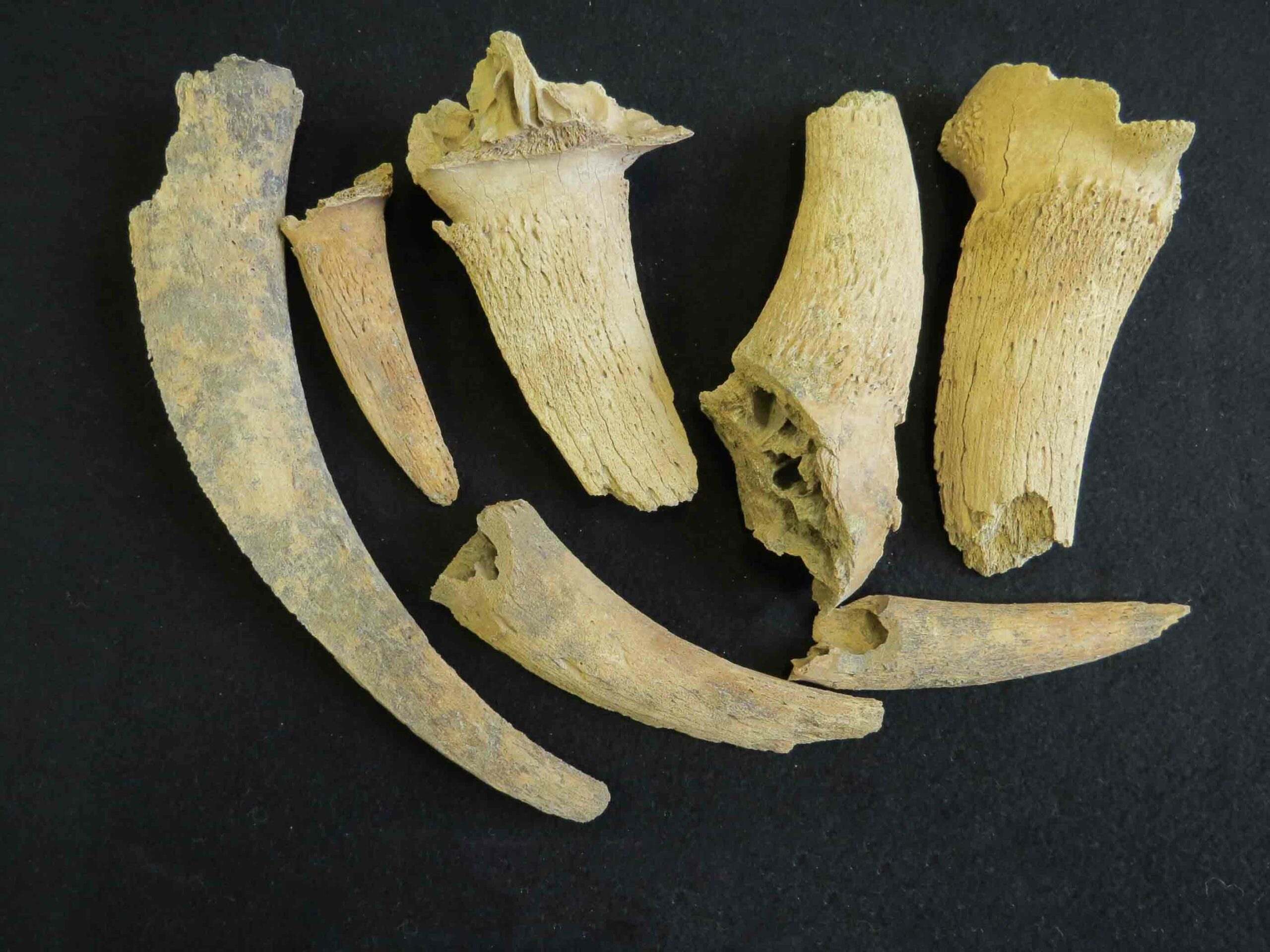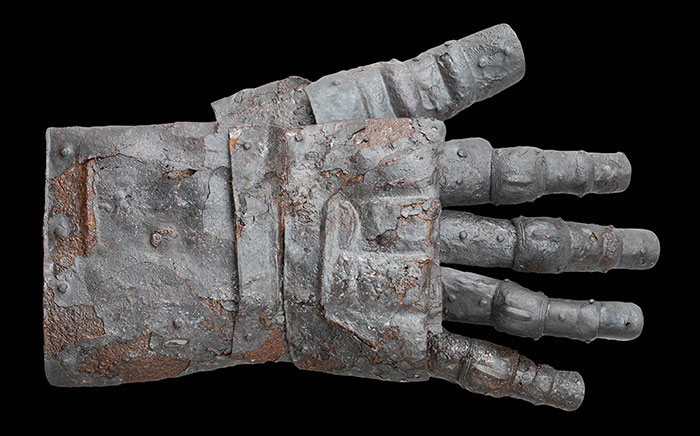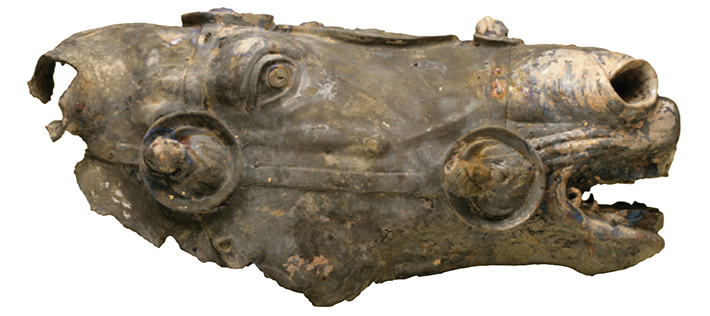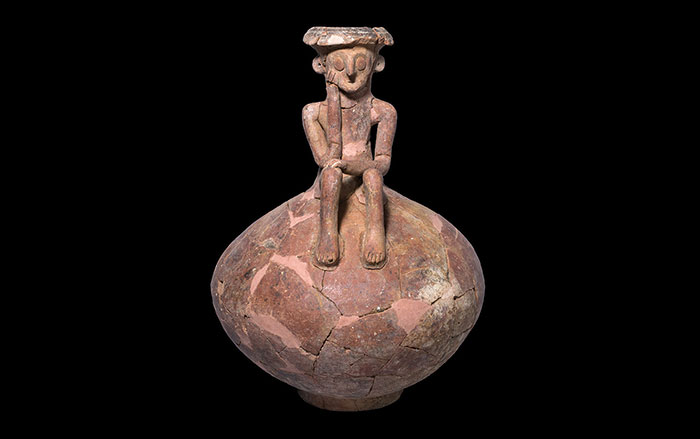
OXFORD, ENGLAND—News.com.au reports that Christian religious beliefs and increased urbanization may have shaped the domestication of the chicken during the medieval period. Liisa Loog of Oxford University said that chickens were first domesticated about 6,000 years ago. The new study combined DNA data from chicken bones recovered at archaeological sites in Europe with statistical modeling, and found that some of the features of modern chickens, such as the ability to live in close proximity to one another, rapid egg laying, and a reduced fear of humans arose about 1,000 years ago, when religious fasting rules excluded the consumption of four-legged animals, but allowed the devout to eat chickens and their eggs. Loog explained that selection pressures, including different preferences and ecological factors, can change over time. For more on human consumption of animals, go to “The Rabbit Farms of Teotihuacán.”










